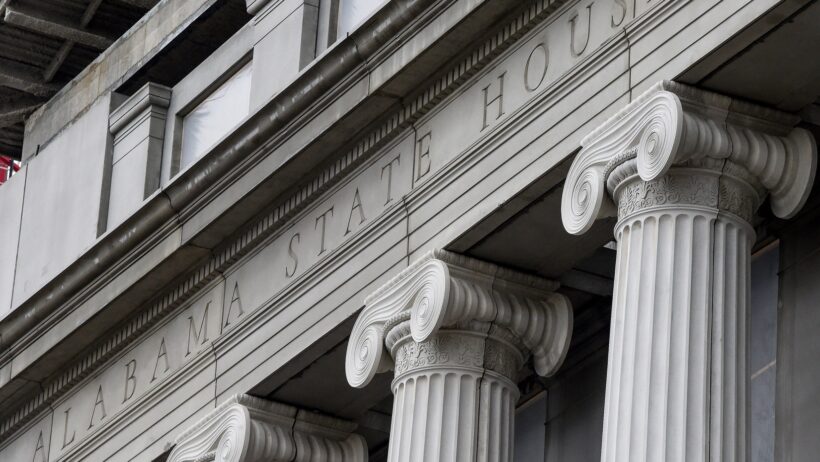Kalshi Legal Efforts Stumble in Maryland Courts
By Robert Linnehan in Sports Betting News
Published:

- U.S. District Judge Adam Abelson denied Kalshi’s motion for a preliminary injunction
- It is the first legal setback Kalshi has experienced in its fight to offer sports event contracts in U.S. states
- Abelson noted Kalshi “failed to show a likelihood for success” that the Commodity Exchange Act preempts state laws
Kalshi hit its first roadblock in Maryland courts, as a U.S. district judge denied the financial exchange and prediction market company’s request for a preliminary injunction.
U.S. District Judge Adam B. Abelson on Friday, Aug. 1, denied Kalshi’s request for a preliminary injunction, which would have allowed the company to continue offering sports event contracts in the Old Line State through the duration of its lawsuit against the Maryland Lottery and Gaming Control Commission.
“Kalshi has failed to show a likelihood of success on the merits of its claim that the Commodity Exchange Act (CEA) preempts Maryland’s gaming laws. The motion for a preliminary injunction will be denied,” Abelson wrote in his ruling.
Lawsuit Continues, Kalshi Files Motion for Injunction
KalshiEX LLC’s lawsuit against the Maryland Lottery and Gaming Control Commission will continue, but it’s the first legal defeat for the company in three lawsuits filed against states that have attempted to block their ability to offer sports event contracts.
At the heart of the issue is the key question as to who actually regulates sports event contracts. Kalshi believes that state regulatory bodies do not have the right to intrude on the government’s “exclusive” authority to regulate prediction market, filing lawsuits in New Jersey, Nevada, and Maryland to defend its practices.
Kalshi saw several early victories in its lawsuits in New Jersey and Nevada, as judges have passed motions to allow the company to continue offering its sports event contracts in both states for the duration of the lawsuit.
Under Maryland gaming law, the commission noted in the lawsuit, sporting event contracts constitute “sports wagering” and can only be offered by a licensed sports betting operator. Kalshi believes its offerings are not required to comply with state laws, as they have been preempted by the CEA.
However, to obtain a preliminary injunction, Abelson noted that a plaintiff must establish four factors:
- They are likely to succeed on merits
- They are likely to suffer irreparable harms
- The balance of equities favors them
- An injunction is in the public interest
Abelson wrote in his order that Kalshi “has not shown that when Congress enacted and amended the CEA” that it intended to preempt state gaming laws when sports bets are made on the company’s platform.
Kalshi, Abelson notes, does not satisfy all four factors for a preliminary injunction.
Kalshi’s Next Steps
In response to the ruling, Kalshi filed a motion for an injunction pending appeal. If granted by an appellate court, it will pause the effects of Abelson’s ruling while the appellate court reviews the initial order.
This is typically a more difficult injunction to acquire. It was also filed on Friday, Aug. 1.

Regulatory Writer and Editor
Robert Linnehan covers all regulatory developments in online gambling and sports betting. He specializes in U.S. sports betting news along with casino regulation news as one of the most trusted sources in the country.



